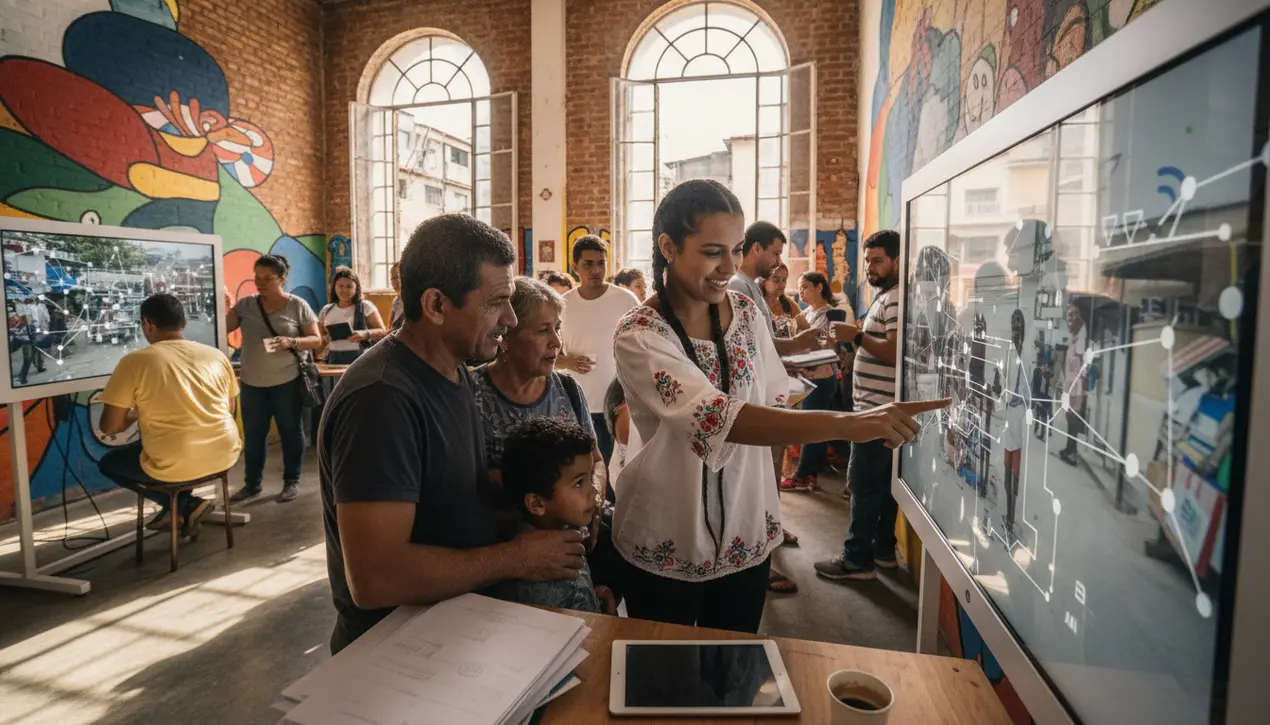
AIgenerative aiAI for Business Use
AI Adoption and Community Focus in Latin America
DA
Daniel Reed
4 hours ago7 min read3 comments
Latin America has emerged as a formidable, and perhaps unexpected, vanguard in the global artificial intelligence landscape, with adoption rates now eclipsing those of technologically advanced economies like South Korea, Spain, and the United States. This seismic shift, detailed in Omdia's 2024 Digital Consumer Insights report, is not merely a statistical blip but a profound cultural and infrastructural transformation.Brazil stands as the regional torchbearer, boasting a staggering 76% of its digital populace actively engaging with AI tools, a figure that demands a deeper analytical dive beyond raw user numbers. The region's leapfrog moment echoes historical technological adoption patterns seen with mobile banking, where legacy systems in the Global North created inertia that emerging economies, unburdened by such technological debt, could nimbly bypass.This isn't just about consumer-facing chatbots or image generators; it's about a fundamental recalibration of how technology is integrated into daily life and commerce. The critical insight, however, lies in the inherent limitations of a purely utilitarian approach to AI.The tools themselves—the large language models, the predictive algorithms, the computer vision systems—are becoming commoditized. The true differentiator, the factor that will determine long-term success and societal benefit, is the community layer that contextualizes these powerful tools.Without genuine connection and localized understanding, even the most sophisticated AI risks becoming a digital parlor trick, impressive in its execution but ultimately hollow in its impact. We are witnessing the early stages of a bifurcation in AI development: one path leading towards sterile, one-size-fits-all solutions, and another, more promising path being pioneered in regions like Latin America, where community-centric models could forge AI that is not only intelligent but also culturally intelligent, empathetic, and truly integrated into the social fabric. This presents a compelling counter-narrative to the dominant Silicon Valley ethos, suggesting that the future of AI may not be written solely in Palo Alto, but also in São Paulo, Mexico City, and Bogotá, where the fusion of cutting-edge technology with rich, communal traditions could unlock applications and ethical frameworks the rest of the world has yet to imagine.
#featured
#AI adoption
#Latin America
#Brazil
#community
#consumer tools
#digital consumer insights
Stay Informed. Act Smarter.
Get weekly highlights, major headlines, and expert insights — then put your knowledge to work in our live prediction markets.
Related News
Comments
Loading comments...
© 2025 Outpoll Service LTD. All rights reserved.